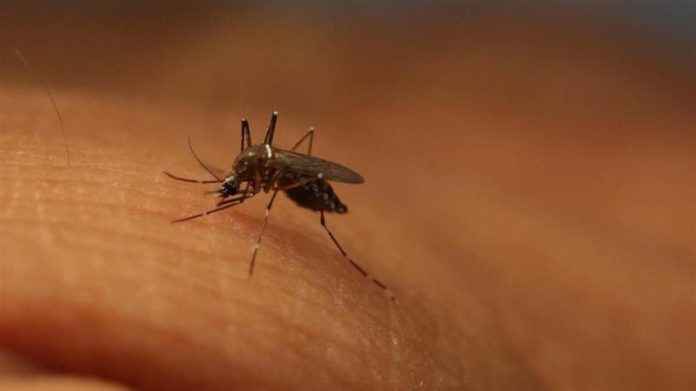The World Health Organization announced that the Zika virus outbreak, linked to deformations in babies’ heads and brains, no longer poses a world public health emergency, though it warned the epidemic remains a challenge.
Brazil, the epicentre of the outbreak, has however refused to downgrade the risk, while experts swiftly lashed out against the world health body’s decision.
“The Zika virus remains a highly significant and long term problem, but it is not any more a public health emergency of international concern,” the world health body’s emergency committee chair Dr David Heymann said.
While Zika causes only mild symptoms in most people, pregnant women with the virus risk giving birth to babies with microcephaly — a deformation that leads to abnormally small brains and heads.
It can also cause rare adult-onset neurological problems such as Guillain-Barre Syndrome (GBS), which can result in paralysis and even death.
In the outbreak that began in mid-2015, more than 1.5 million people have been infected with Zika, mainly in Brazil, and more than 1,600 babies have been born with microcephaly since last year, according to the WHO.
The UN’s global health agency declared the Zika epidemic a global health emergency in February 2016.
Researchers earlier this year warned that at least 2.6 billion people, over a third of the global population, live in parts of Africa, Asia and the Pacific where Zika could gain a new foothold, with 1.2 billion at risk in India alone.
Brazil yesterday said it would continue to treat the outbreak as an emergency.
“We will maintain the emergency (status) in Brazil until we are completely tranquil about the situation,” Health Minister Ricardo Barros told journalists.
In most cases worldwide, people have been infected with the virus by mosquitoes, though some have contracted the disease through sexual contact.
The WHO was careful yesterday not to dismiss the risk still posed by the virus, which has been detected in 73 countries worldwide, mainly in Latin America and the Caribbean.
“We are not downgrading the importance of Zika, in fact by placing this as a longer term of programme of work, we’re sending the message that Zika is here to stay and WHO’s response is here to stay in a very robust manner,” said Dr Peter Salama, director of the agency’s health emergencies programme.
From Agencies, Feature image courtesy nbcnews


























